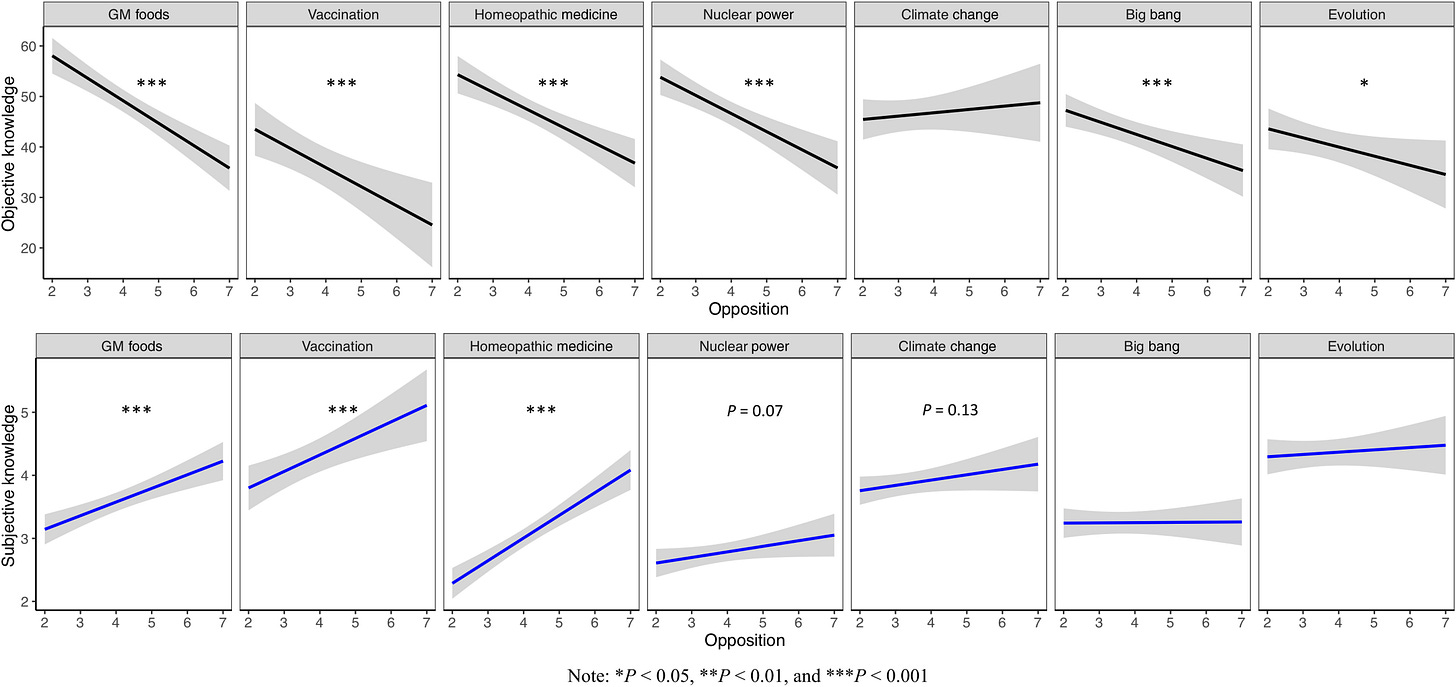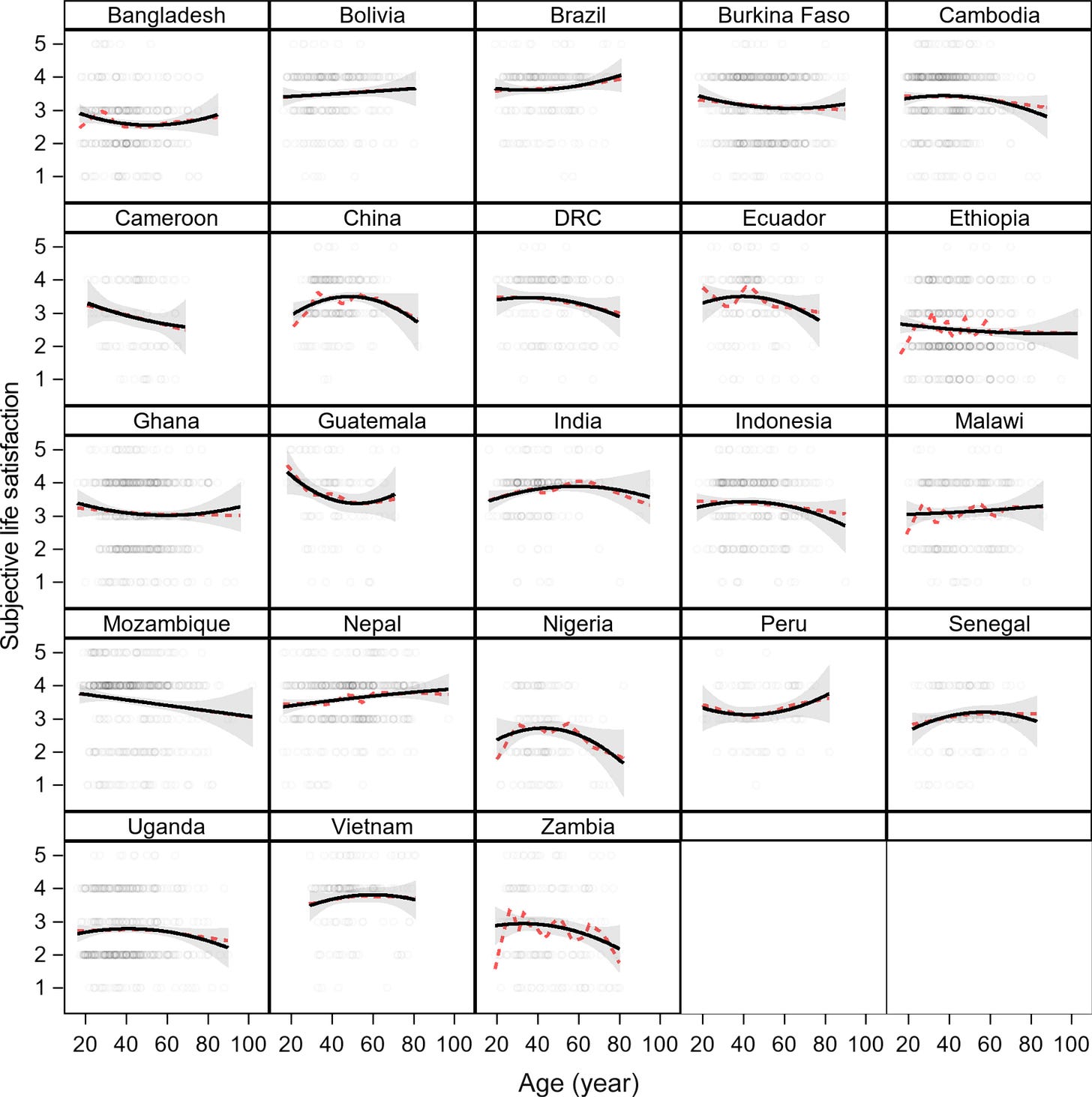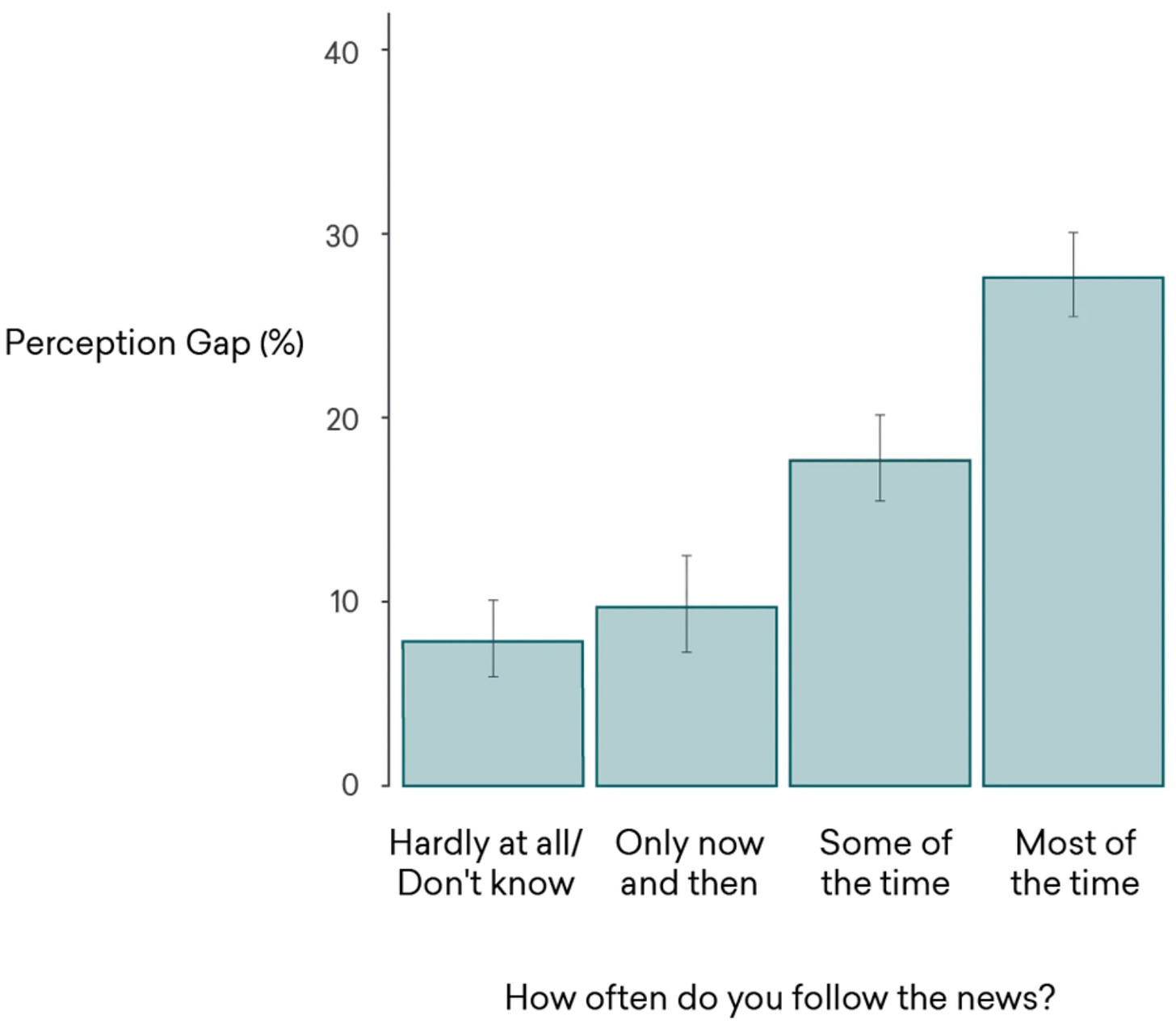Medical Tattoos, New Research on Sex Differences, and Pushing Back Against Wokeness
The Nature-Nurture-Nietzsche Linkfest for November 2024

Welcome to the November edition of the N3 Newsletter Linkfest: a collection of links to papers and articles that grabbed my attention over the last month. On the menu today…
A big batch of new findings in psychology.
Three recent studies showing that genes matter in shaping individual differences, but the family home doesn’t.
Surprising new research on the gender equality paradox - the finding that many sex differences are larger, rather than smaller, in more gender-equal nations.
Data challenging some widespread beliefs about men, women, and sexism.
The latest news on wokeness - including its possible role in a recent, high-profile election you might have heard about, and emerging resistance to its excesses.
The first half of the post is free for everyone; the second is for paid subscribers only.
You can access the complete collection of Linkfests here, and read about the perks of a paid subscription here. Hope you enjoy the post!
Healthy Living
Scientists have developed tattoos that change color in response to glucose, albumin, and pH levels. The new technology could let people with diabetes or kidney disease track and control their health without having to take frequent blood samples. [Link.]
For several decades, we’ve been told that switching from an opt-in default to an opt-out default increases organ donation rates. A longitudinal study conducted in five nations, however, concludes that it doesn’t. It has no effect. [Link.]
Evolving Sea Snakes
I recently came across two papers about the evolution of sea snakes - a surprisingly interesting topic, it turns out. Here are the main takeaways from each paper.
In every sea snake species, the females are larger than the males. In contrast, among land snakes, the females are usually larger, but sometimes the males are. Why the difference? The reason is that male snakes evolve to be bigger when they regularly fight each other over females. This is found in some land species, but no marine species. Thus, in all marine species, the females are larger than the males. [Link.]
Baby sea snakes are larger than baby land snakes. Why? Because when baby sea snakes hatch, they immediately have to swim to the surface to breathe, which exposes them to predators. Larger babies are less likely to get munched, so sea snake babies evolved to be larger. [Link.]

Photo by Graham Henderson on Pexels.
Hot Off the Press: New Findings in Psychology
Social Psychology
A new National Geographic documentary pulls back the curtain on Phil Zimbardo’s famous, fraudulent Stanford Prison Experiment. As every psychology student knows, Zimbardo set up a simulated prison in the basement of the Stanford Psychology Department, randomly assigning normal, well-balanced young men to play either prisoners or guards. With unbridled power, however, the guards soon became cruel and abusive, and Zimbardo had to end the study early. This supposedly showed that even good people can turn bad when they’re put in a bad situation. It turns out, however, that Zimbardo basically coached the guards to act in the way he predicted they would (see, e.g., here). Thus, all his experiment really showed was that when you ask people to act out Zimbardo’s idea of a prison guard, they do. [Link.]
People who most strongly reject the scientific consensus on topics like GMOs and vaccine efficacy tend to have less knowledge of these topics than the average punter - but they tend to think they have much more knowledge. (Climate change is a curious exception.) [Link.]
According to a recent analysis of more than a billion online ratings, women give consistently higher ratings than men. This sex difference appears in public ratings but not private ones, suggesting that women aren’t actually more positive about the things they’re evaluating, they’re just less comfortable posting negative reviews. [Link.]
Clinical Psychology
Children who score higher in intelligence tests tend to be diagnosed with ADHD later than those with lower scores. One possible explanation for this is that smarter children are better at masking their symptoms. [Link.]
Autism cases have almost tripled in the U.S in the last decade. This is largely due to increased rates of diagnosis among young adults, and among girls and young women. [Link.]
Nick Haslam and Jesse Tse have a new paper on how concept creep has affected the public understanding of mental illness. Check out the excerpt below. [Link.]
Rising awareness of mental illness has increased the public’s mental health literacy, with positive implications for help-seeking and destigmatization. We argue that it has also enlarged the public’s concept of mental illness. People have become better at recognizing the presence of mental illness but may have become worse at recognizing its absence. This conceptual expansion fosters unwarranted self-diagnosis, the pathologization of ordinary distress, and unnecessary treatment. It is incumbent on mental health professionals to promote accurate knowledge of mental illness and push back against overly expansive concepts of it.
Psychology Across the Lifespan
A new meta-analysis finds that parents who encourage autonomy in their kids tend to have happier kids than do controlling parents. This isn’t found only in the individualistic West; it’s found across cultures. Note that the research is correlational, so it’s not clear whether giving kids greater autonomy causes greater happiness. See the next item… [Link.]
The journal Developmental Review has a special issue honoring the great Judith Rich Harris. Edited by Brian Boutwell and Steven Pinker, the collection highlights Harris’s provocative claim that parents have no lasting impact on their children’ personalities or abilities. This proposal initially got a frosty reception, to say the least - but it eventually started winning converts. My own take is that Harris probably overstated the lack of impact of parents, but nonetheless that parents do have surprisingly little effect on how their kids turn out, at least within the normal range. More on this later. [Link.]
A common view in the wellbeing literature is that happiness follows a U-shaped curve over the lifespan: It’s high in young adulthood, slumps in middle age, then rebounds from that point on. I’ve always been a bit iffy about this claim; among other things, it assumes that the average happiness trend can be projected onto most individuals, which isn’t necessarily the case. Regardless, new research suggests that the average trend is confined to WEIRD societies, as shown in the following graph. One implication is that, contrary to widespread belief, midlife crises are not an inevitable part of the human life course. [Link.]
Political Psychology
The more news people watch, the less well they understand their political opponents. Not exactly a ringing endorsement of political news… [Link.]








